By AGGREY BULUBA
South Africa will pull its troops from the eastern Democratic Republic of Congo (DRC), President Cyril Ramaphosa declared, in light of growing criticism of the Southern African Development Community (SADC) mission.
This decision comes just before a vital summit in Tanzania this Saturday to address the deteriorating situation in DRC. Sophie Mokoena, an international news editor at South Africa’s SABC, confirmed the news on social media. Reports indicate that some South African soldiers deployed in DRC reached out to their families, expressing concerns about challenging living conditions at their bases.
This move reflects that of Malawi’s President Lazarus Chakwera, who recently instructed Malawian troops to prepare for withdrawal from the same peacekeeping operation. Malawian soldiers, similar to their South African peers, have been part of a regional peacekeeping initiative that has struggled to manage the advancing M23 rebels. The situation in recent weeks has become deadly.
At least 20 peacekeepers—14 South Africans and 3 Malawians—lost their lives when M23 rebels took control of Goma, the capital of North Kivu province. President Chakwera cited the ceasefire declaration as a rationale for his decision, despite ongoing hostilities. In his State of the Nation address, President Ramaphosa reaffirmed South Africa’s dedication to peace across the continent, stating, “For Africa to thrive, we must silence the guns.” He commended the commitment of South African peacekeepers but recognized the intricate nature of the DRC conflict.
He also voiced support for diplomatic initiatives, such as the Luanda Process, which seeks to establish a ceasefire. South African defense expert Helmoed Heitman was candid in his evaluation, labeling the SADC mission a failure. He pointed to the fall of Goma as a significant setback, noting that peacekeepers, along with UN forces and the Congolese army, were unable to halt the rebel advance. “The SADC force has been neutralized… its troops are stuck in their bases. That’s a clear indication that the mission has failed, and both SADC and South Africa need to acknowledge that reality,” Heitman wrote. The crisis has ignited a substantial diplomatic initiative. Tanzania will host a joint summit of SADC and the East African Community (EAC) on February 8, gathering leaders from DRC, Rwanda, South Africa, Kenya, and Tanzania.
The summit aims to formulate a unified response to the M23 rebellion, which has triggered a severe humanitarian crisis, displacing millions and destabilizing the region. The meeting is anticipated to concentrate on military strategies and addressing the humanitarian crisis. Leaders will deliberate on calls for a ceasefire, increased humanitarian assistance, and the safe return of displaced individuals. Although prior summits have not yielded tangible results, this one offers an opportunity for African leaders to take the lead and create a lasting solution.
External challenges—such as accusations that neighboring countries are backing armed groups—continue to complicate peace efforts. However, by uniting two major regional blocs, the summit signifies Africa’s resolve to find a coordinated solution to the conflict. The success of the summit will hinge on the actions that follow. As the saying goes, “When the roots of a tree begin to decay, it spreads death to the branches.” Only by tackling the root causes of conflict can Africa aspire to achieve lasting peace and stability.

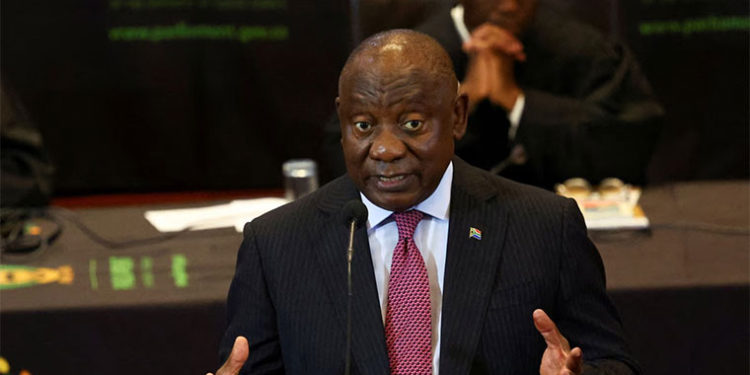
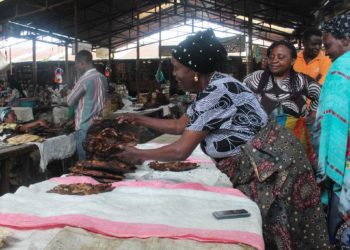
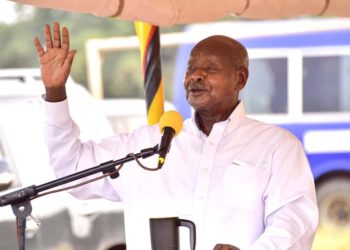
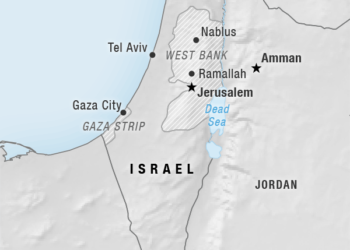
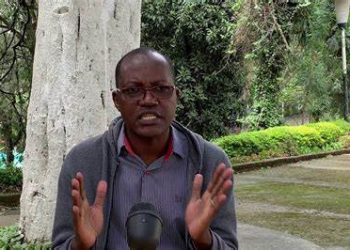

Discussion about this post